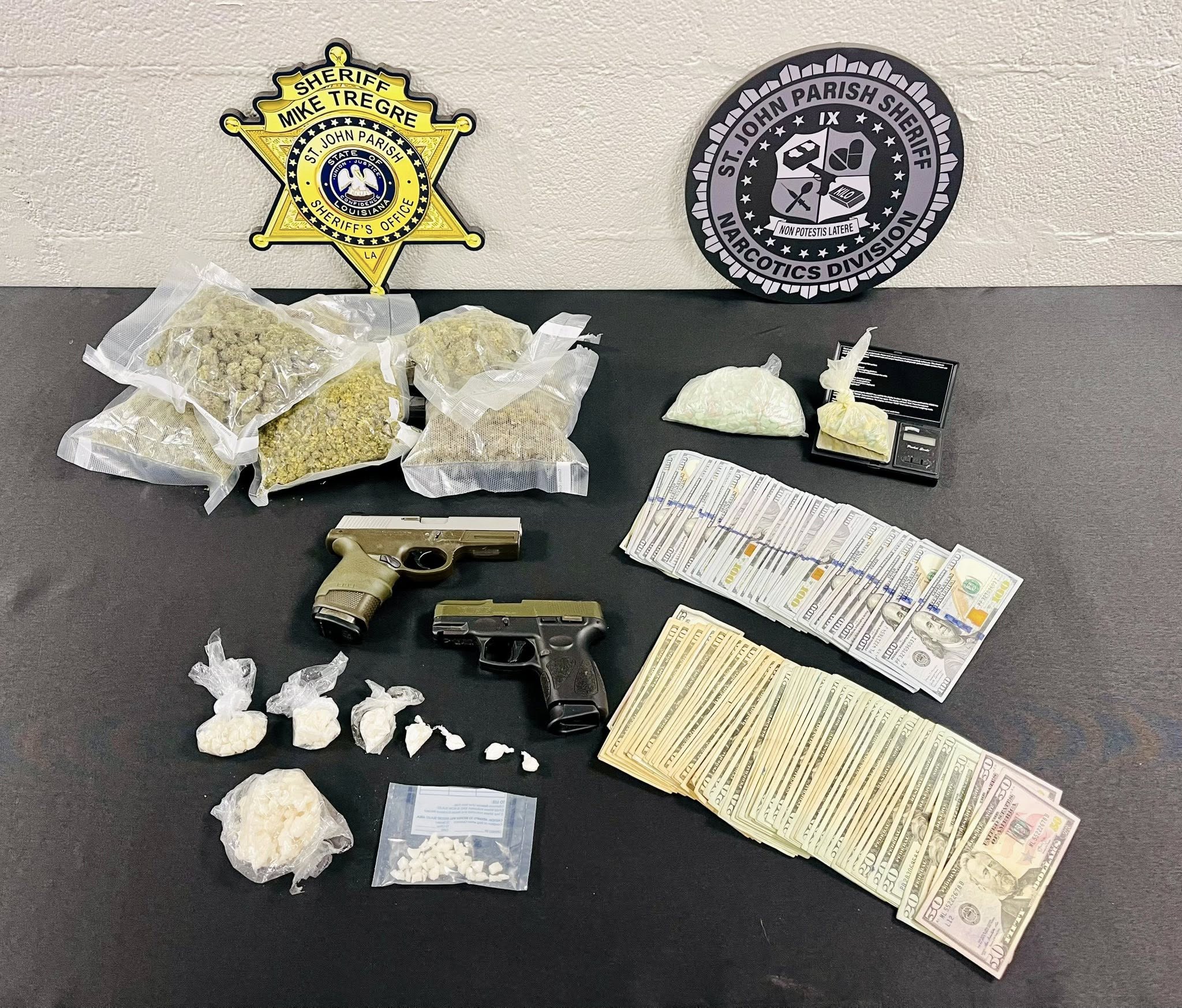D’Antoni: Threat of overheating can’t be taken lightly
Published 12:01 am Wednesday, August 9, 2017
Summertime in the Deep South is full of fun: Vacations, swimming, sports and other leisure-time activities.
Along with the summer fun comes daily chores such as yardwork, maintenance and other outside duties.
Working and playing outside in the extreme summer heat can lead to some safety issues.
Becoming overheated can lead to a serious condition known as heat stroke, although it is much more common to suffer from heat exhaustion, which is manageable but can progress if not treated properly.
Staying hydrated can be achieved by drinking plenty of water.
If you are in the heat for a prolonged period of time, consuming something with electrolytes, such as a sports drink, will help to stave off heat illness.
Hydrating alone does not necessarily keep you out of danger. It is important to wear light-colored clothing that is appropriate for the climate.
You should avoid wearing sweatshirts or other heat-retaining materials that can lead to rapid dehydration.
Also, even though you are drinking adequate amounts of fluid, you can still suffer from heat illness due to the presence of excessive heat.
The chance of this happening may be reduced by exercising during the cooler hours of the day.
Depending upon the intensity and duration of the activity, taking breaks can also allow the body to cool down and rehydrate.
Your body has a physiological desire to survive at all costs, and it will utilize any available resources to do so. This means that the delicate balance of chemicals in your body will be upset when a problem such as heat exhaustion or heat stroke arises.
Fluids used to operate different body systems will be diverted to where they are needed the most, causing muscles to cramp and organs, such as the brain, to malfunction, leading to disorientation and lethargy, among other manifestations.
If you experience symptoms such as cramping, blurred vision, dizziness, and nausea, you should seek a cool place such as a shady area or an indoor room with air conditioning or sufficient air circulation.
If the symptoms do not subside within a matter of minutes, seek medical help. For more information contact the Sports Medicine Center of Thibodaux Regional at 985-493-4502.
Larry D’Antoni, LAT, ATC, is the coordinator of the Sports Medicine Center of Thibodaux Regional. For more informaiton, call 985-493-4502.





